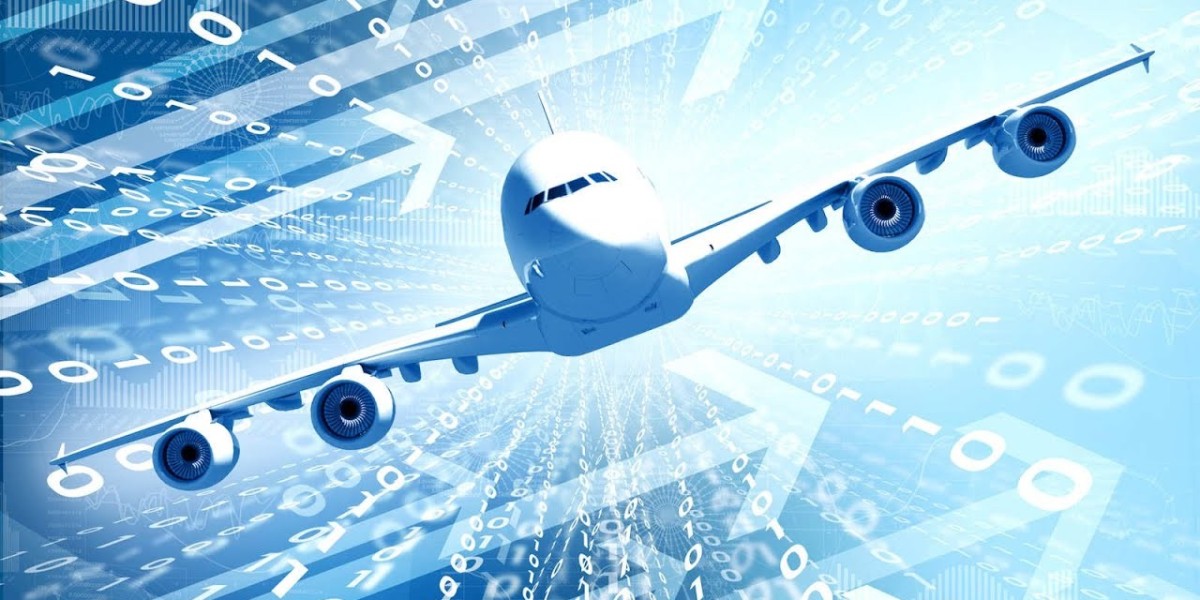Some think trenchers slow down because of bad driving. That’s not true. The real reason is often poor-quality parts. Wrong parts breakfast. When your trencher doesn’t work right, your work stops. That’s why we built our service to stop these issues before they happen. We know trenchers, and we care about your uptime. We help you pick the right parts, every time. That’s how we keep your machines working strong and your team moving fast. We offer both OEM and aftermarket options. Not every job needs the same part. That’s why we give you a choice. Our OEM parts come straight from the maker.
They match your machine’s needs and last long. But we also offer trusted aftermarket parts. These are tested and follow the same quality rules. We don’t just sell anything. We set clear checks for every part. This helps you choose with full trust. If you want the brand part, we have it. If you want a cost-saving part with the same fit, we guide you. We tell you how both compare. This way, you never feel stuck. You decide, and we support you fully. Whether it’s a deep dig job or a fast city trench, we make sure your trencher runs at its best. Now, we know that chains, sprockets, and teeth wear out fast. You don’t have time to order them one by one. So we made it simple. We bundle these wear parts smartly. You get a full set, ready to install. It saves time. It saves effort. And it keeps your trencher balanced. A fresh chain with old teeth causes problems. We stop that. Our team knows which sets fit your model. Being the best trenchers heavy equipment parts supplier in USA who cares about your business as much as you do. Call us today.








